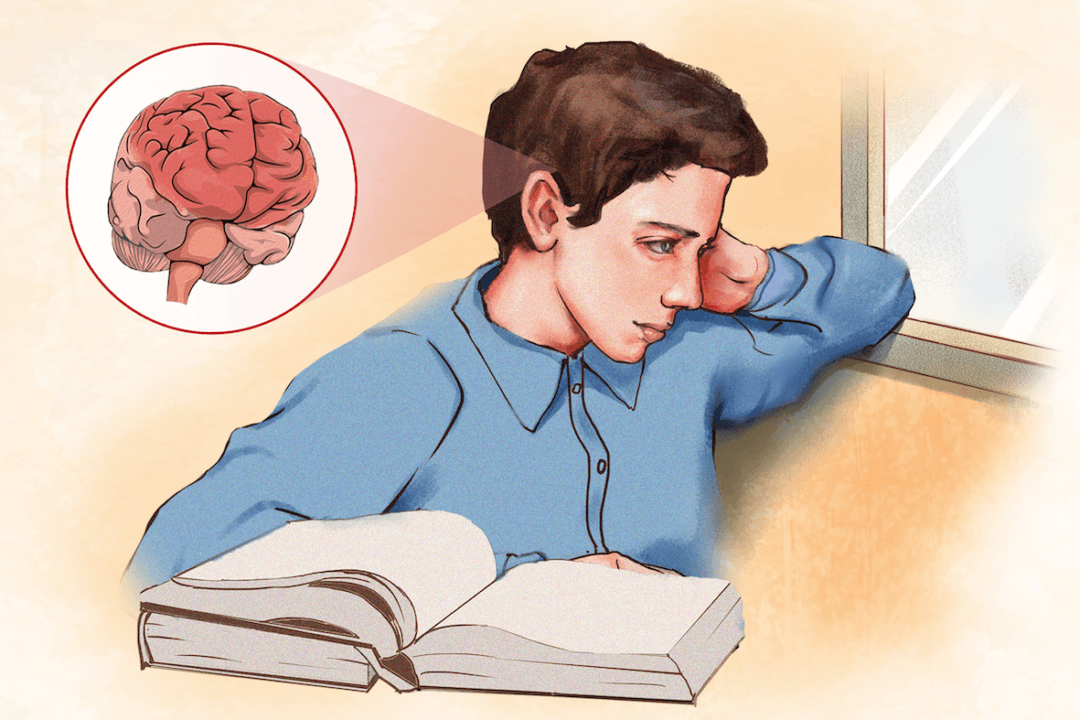Commentary
In the past year, children’s health has surged to the forefront of public discourse, underscored by a vigorous grassroots “Make America Healthy Again” (MAHA) effort pushing for substantial systemic changes.

In the past year, children’s health has surged to the forefront of public discourse, underscored by a vigorous grassroots “Make America Healthy Again” (MAHA) effort pushing for substantial systemic changes.